The Ministry of Defence’s (MOD) ambitious Clyde Infrastructure Programme was the focus of intense parliamentary scrutiny during a Defence Committee session, with MPs raising concerns over escalating costs, delays, and transparency.
The Clyde Infrastructure Programme (CIP), an ambitious project to modernise infrastructure at HMNB Clyde to support the Royal Navy’s nuclear submarine operations, was a focal point during a Defence Committee session on the Ministry of Defence’s Annual Report and Accounts.
The session highlighted the programme’s challenges and the government’s ongoing commitment to its delivery.
Broader context for the programme
The Clyde Infrastructure Programme is a cornerstone of MoD efforts to ensure the operational readiness of the UK’s Continuous At Sea Deterrence (CASD) and future submarine capabilities. It aims to provide updated facilities for the Dreadnought-class submarines, support nuclear operations until at least 2067, and establish the Clyde as a Submarine Centre of Specialisation.
The programme includes enhancements across berthing, waste management, training facilities, and personnel accommodation.
According to the Government Major Projects Portfolio (GMPP) Annual Report for 2022-23, the programme remains on track despite cost increases, with a new Whole Life Cost of £1.869 billion, up from an initial £1.585 billion. The report attributes this rise to “operational constraints, resource availability, extraordinary inflation, and material availability.”
Acknowledging the challenges
During the session, Sir Robert Magowan, Deputy Chief of the Defence Staff, candidly addressed the difficulties confronting the Clyde Infrastructure Programme. “There are a number of issues with the Clyde infrastructure programme. That is why it is at red,” he stated, referring to the programme’s classification in the Defence Infrastructure and Projects Authority’s traffic light system.
He elaborated on the factors contributing to the challenges, including skill shortages and infrastructure fragility: “It is not easy to attract those types of skills in that part of the country all of the time.”
Adding to this, he noted: “We are encountering infrastructure problems on the Clyde, in both Faslane and Coulport, which are probably worse than the project envisaged when the Clyde Infrastructure Programme (CIP) was set up.”
The committee pressed further on the potential for project failures to be obscured by the “grey” classification, which limits scrutiny under national security exemptions. Sir Robert denied such claims, asserting, “I can reassure you that there is no drive from the Department’s side to turn programmes grey so that they cannot be scrutinised. They can be scrutinised, but just in the appropriate way.”
Looking ahead
Andy Start, Chief Executive of Defence Equipment and Support, underscored the collaborative effort required to ensure the programme’s success: “It is a collective effort for both Government and industry to work together, to make sure that we continue to deliver those really difficult, complicated programmes.”
While the session highlighted challenges, there was consensus, at least, on the importance of the Clyde Infrastructure Programme


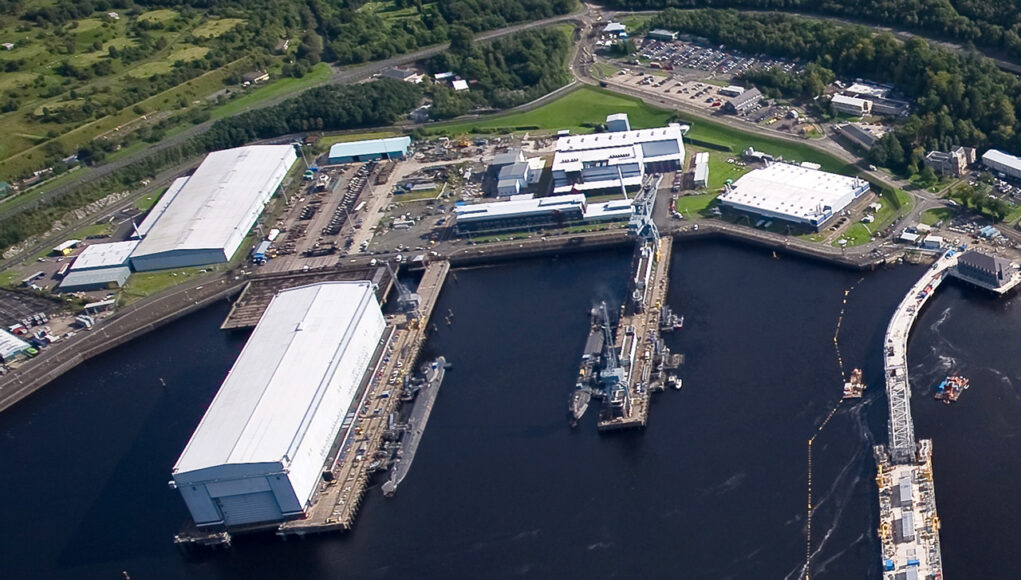
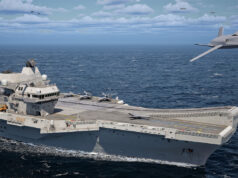


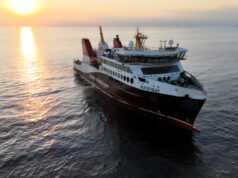
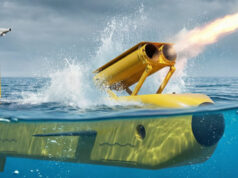
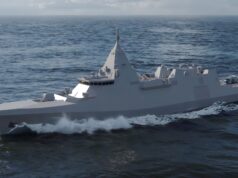
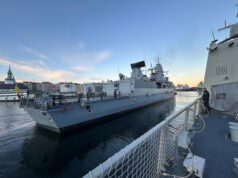
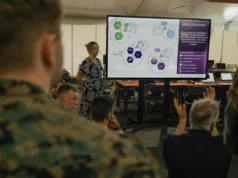



Pails in comparison to the money being spent and the cost/ time over runs for other AUKUS partners. Also starting to seem very much like what ever happened to the Astute fleet last year was more to do with a design flaw than the ship lift. Fingers crossed they are on the problem now.
Does anybody know how bad the damage of HMS Agincourt is in the 10-31-2024 BAE submarine yard fire?
Do you honestly expect a reply to that !
Ultimately it will be answered.
If I was to take an inspired guess I’d say there was an argument going on as to who was paying for the damage. With MoD saying it should be BAES and BAES coming up with a raft of reasons why that isn’t the case.
It will come out in parliament.
One would hope BAE had insurance and that will pay for it…but many of these large companies run without insurance on their assets.
The issue being that government naively expects to put together a project team to deliver big infrastructure and then wonders why just signing a co text doesn’t make it happen.
There is a reason why most countries build tunnels, motorways and railways etc continuously because they are perishable skills and costs reduce as you up skill.
Unfortunately Treasury suffers from the delusion that anyone can do anything with a couple of weeks of training. So Treasury force the cost of public infrastructure up with their pure monetarist approach to projects.
Completely, the management of strategic workforces of all types in this country is totally dire. It’s completely focused on in year budgets..that is a symptom of both British industries/private sector as well as public sector and fiscal/monetary policy frameworks.
In the end it’s lead a a nation plagued with
1) inefficiency in industries that are not able to take advantage of changes in global markets as well as unable and unwilling to invest in future capacity
2) inefficiency in public capital projects as total project costs are increased by the inefficiency creates by in year saving cultures.
3) workforce limitations that impact on the lives of working people, reduce their opportunities, increase instability and social pressure
4) increase the need for imported workforces, stressing infrastructure and social structures with influxes of large numbers of transient workers from different cultures.
The NHS is a classic example..our nursing and medical workforce development is shambolic and we import many hundreds of thousands of registered nurses with 30% of the Uk nursing workforce being none UK nations and 36% of the UK medical workforce being none Uk nationals..that’s a disaster, it massively impacts on effectiveness, efficiency as well as the culture of care in the UK. While also depriving the UK workforce access to 400,000 well paid professional life long careers.
I still wonder if the UK could set up a Corp of Engineers much like in the US. The Corp would have diffrent sections from communications to heavy construction with every skill set from the lineman to bridge building and nuclear. This Corp would work on government projects either directly or government oversite of civilian contractors whilst serving in uniform. Although salery would be less than in the public sector it could be made up in writing off student loans after so many years of service and better pension schemes. It would however give the military extra engineers when needed.
Interesting idea.
We have the ELSC, but that’s a limited advisory, voluntary thing providing specialists from industry as needed, not like you suggest.
ELSC?
I’ve looked it up, sounds like a fun desk job.
Engineers and Logistic Staff Corps.
An RFA for the Engineers?
Stranger things have happened.
I’ve long thought that the litany of problems surrounding the maintenance of MOD housing, bases and infrastructure needs serious action.. It is all contracted out.to private companies, who operate the same way they provide maintenance and building.work for council housing.- unrealistically tight budgets, resulting.in poor and shoddy workmanship and pretty dismal.standards.
The privatisation of services, driven by accountants and politicians, is rarely successful in any respect other than cutting costs.
It would be much better to turn the task over to a specialist engineer construction regiment, who have most of the construction industry skills already, could acquire more and could bring in and supervise civilian specialists as needed. I am sure the the RE’s high standards would lead to far better results than the current contractors seem able to provide.
Could see that solution expanding.to a lot of public infrastructure works.
Would like to see the same with the MOD’s cut-price, contracted-out catering service… bring back the Army Catering Corps!
British company Tugdock may a have solution for this endeavour.
http://www.tugdock.com